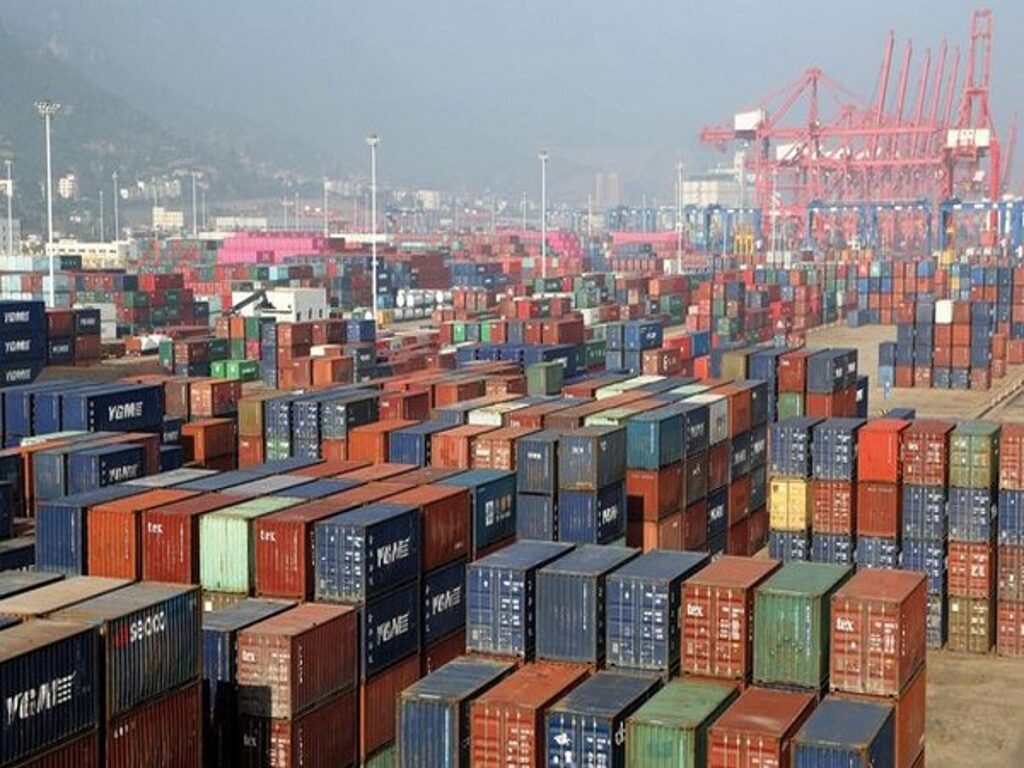
MUMBAI: Indian farm exports may soon face higher tariffs in the United States under a new Reciprocal Tariff Plan announced on February 13.
An analysis by the Global Trade Research Initiative (GTRI) suggests that if the US imposes a uniform tariff, Indian exports could be hit with an additional 4.9% duty, raising the current 2.8% tariff. Currently, US goods entering India face a weighted average tariff of 7.7%, while Indian exports to the US are charged only 2.8%, creating a 4.9% difference.
Indian farm exports will be affected the most, with shrimp, dairy, and processed foods facing tariffs as high as 38.2%. At present, Indian farm products exported to the US face a 5.3% tariff, while US farm exports to India are charged much higher at 37.7%, leaving a 32.4% gap. The proposed tariff changes could significantly impact India’s agricultural trade with the US.
Industrial products will also face additional tariffs if the US applies separate duties. Currently, US exports to India are charged a 5.9% weighted average tariff, while Indian industrial exports to the US face only 2.6%, leaving a 3.3% difference. If the US follows through, industrial exports could see an extra 3.3% tariff. Pharmaceuticals, which currently account for $12.72 billion in exports, could be hit with an additional 10.9% tariff, while diamonds, gold, and silver exports worth $12 billion may face a 13.3% increase. Electronics, including iPhones and communication devices valued at $14.39 billion, will see a 7.24% tariff.
The automobile sector, including auto parts worth $2.80 billion, may face a steep 23.10% tariff, making Indian vehicles less competitive in the US market. Machinery, boilers, turbines, and computers, valued at $7.10 billion, could see a 5.29% tariff hike, affecting India’s engineering exports. Chemicals (excluding pharmaceuticals), with exports worth $5.71 billion, will be subjected to a 6.05% tariff, reducing demand for Indian specialty chemicals. Textiles, fabrics, yarn, and carpets worth $2.76 billion will face a 6.59% tariff, increasing costs for Indian textile products.
Rubber products, including tires and belts worth $1.06 billion, will face a 7.76% tariff, while paper and wood articles worth $969.65 million will have a 7.87% tariff. However, some sectors will not be affected by additional tariffs as they already face high duties in the US. Ores, minerals, and petroleum exports worth $3.33 billion have a negative tariff differential of -4.36%, meaning no new tariffs will be applied. Similarly, garments worth $4.93 billion have a -4.62% differential, keeping tariffs unchanged.
The GTRI report suggests that India may propose a zero-for-zero strategy, eliminating tariffs on 90% of industrial goods to prevent aggressive tariff hikes. If the US refuses, India may decline unfair concessions and consider countermeasures, similar to China’s response to previous US tariffs under former President Donald Trump.




